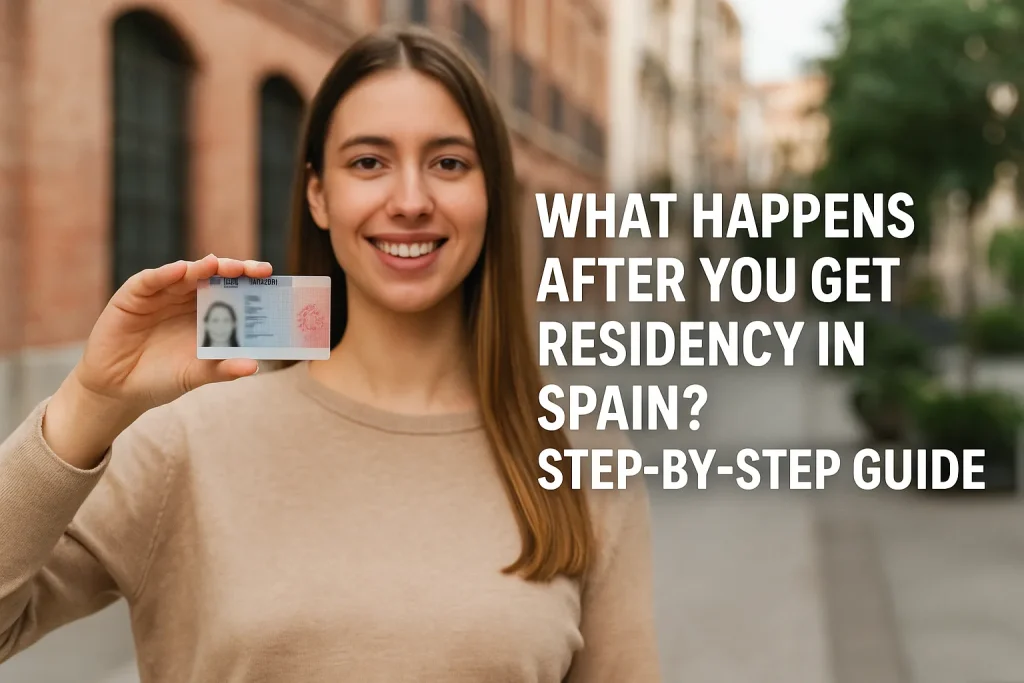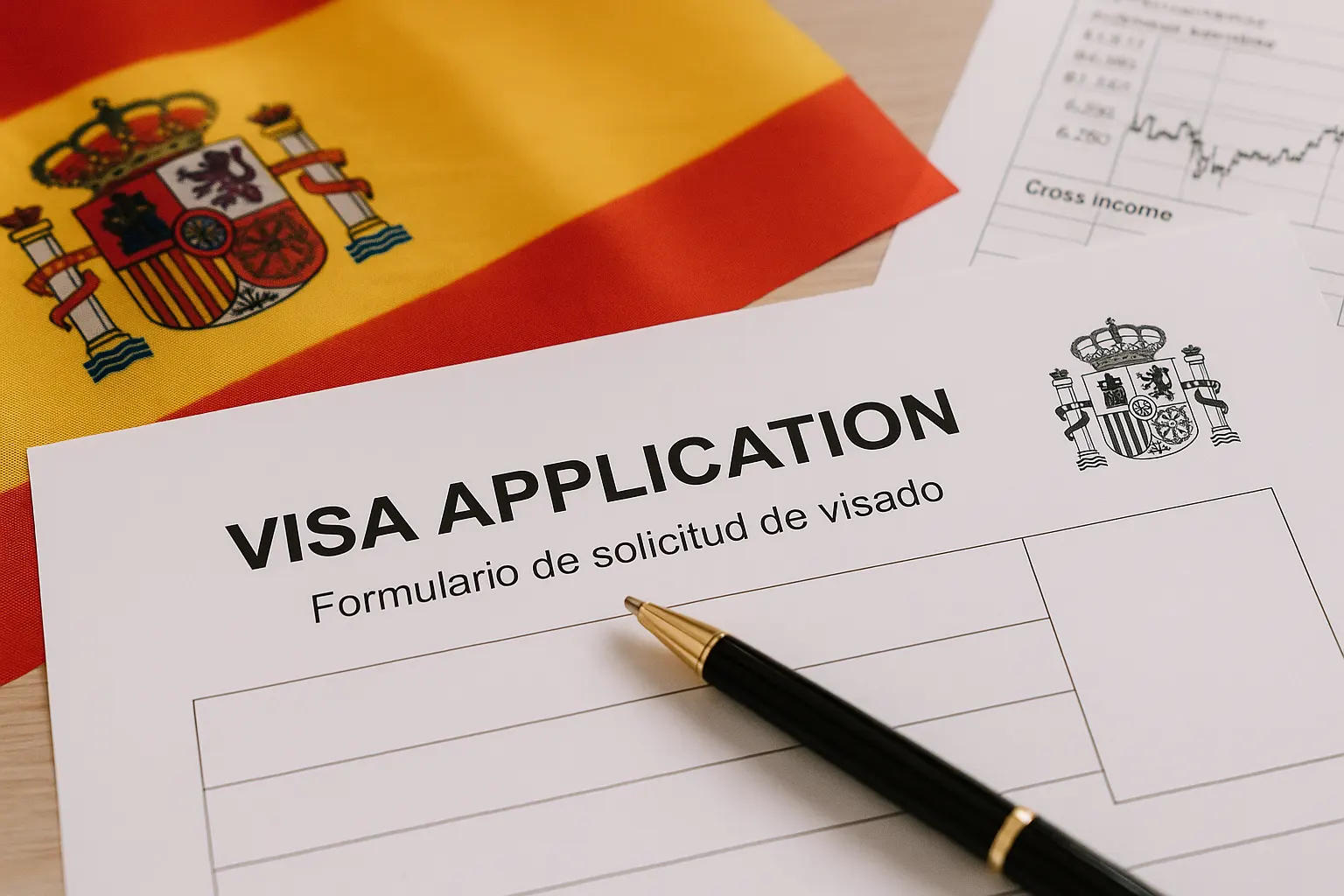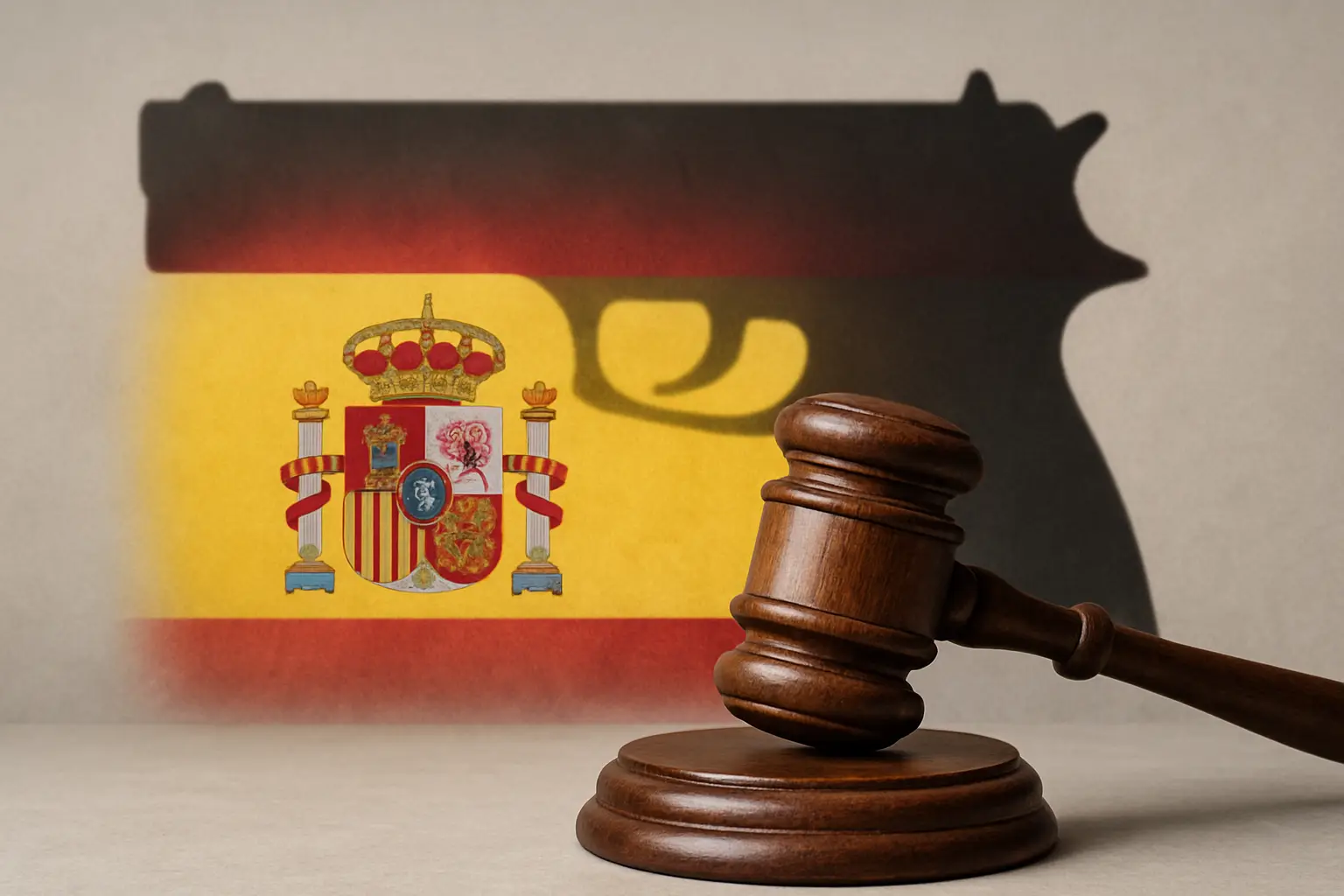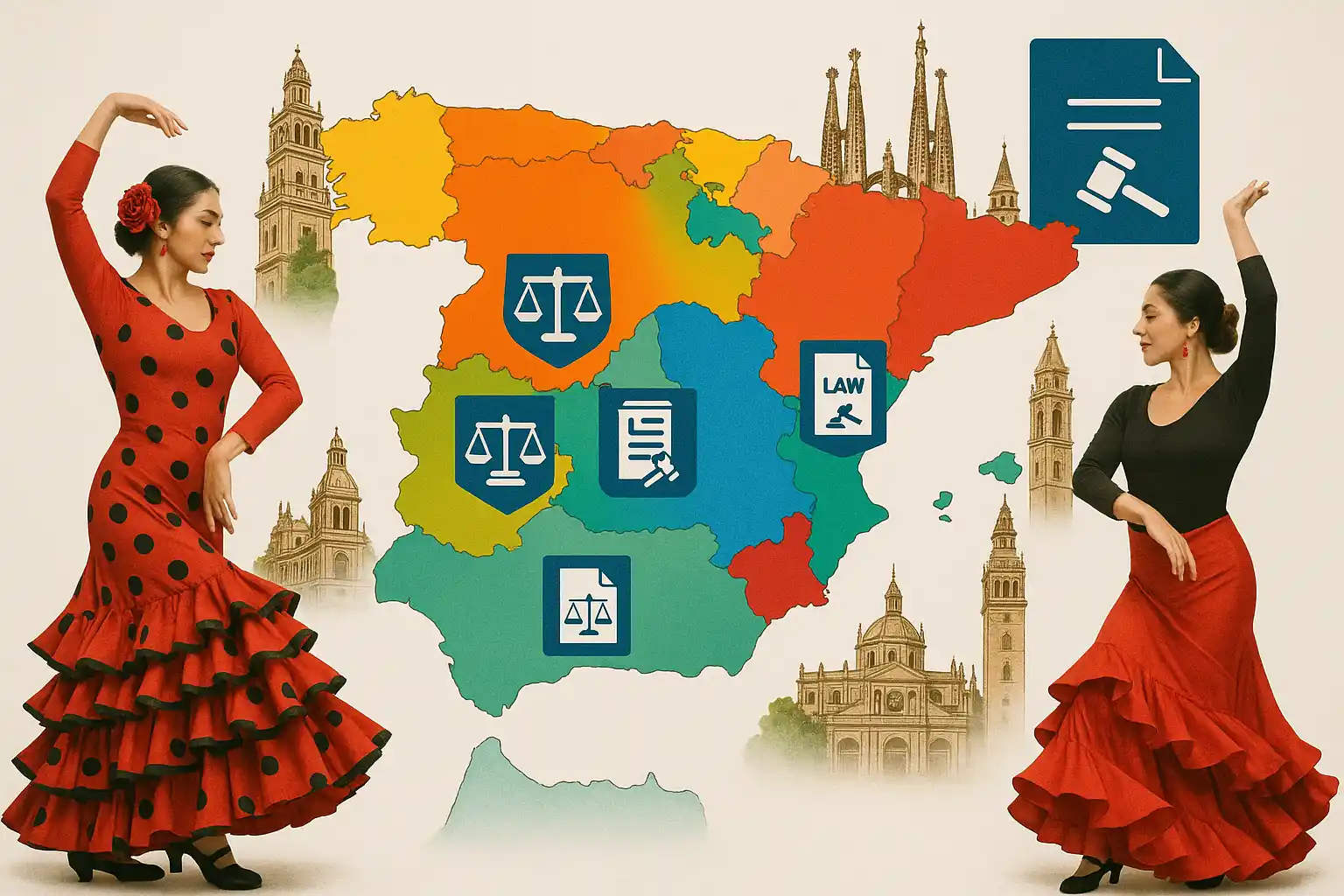Obtaining residency in Spain, a crucial milestone for foreigners aiming to live, work, or study in the country, is a process that requires understanding the various visa types and requirements. For a comprehensive understanding of how to navigate this process, you might find this complete guide on obtaining residency in Spain helpful.
However, understanding what happens after you get residency in Spain is equally essential to fully benefit from your new status and comply with legal requirements. Residency grants access to local services, healthcare, and employment opportunities, but also involves ongoing responsibilities.
This article covers:
- Registering on the Padrón Municipal and its administrative significance
- The process of obtaining and renewing the Tarjeta de Identidad de Extranjero (TIE) card
- Maintaining residency status and pathways to permanent residency
- Keeping documentation current throughout your stay
- Rights and responsibilities linked to Spanish residency
- Special considerations for students and temporary departures
Clear guidance on each step will help residents navigate post-residency obligations confidently.
1. Registering for Residency
Registering on the Padrón Municipal is a crucial administrative step after obtaining residency in Spain. The Padrón is the official municipal register of inhabitants, maintained by each local town hall (Ayuntamiento). It serves as proof of your residence in a specific municipality and is essential for various public services and legal processes.
Significance of the Padrón Municipal
The Padrón Municipal holds great importance for residents in Spain. Here are some key reasons why it matters:
- Establishes your legal residency within a municipality.
- Facilitates access to healthcare, education, and social services.
- Enables participation in local elections if you are an EU citizen.
- Supports census data used for urban planning and resource allocation.
Step-by-Step Guide to Registering
To register on the Padrón Municipal, follow these steps:
- Locate Your Local Town Hall: Registration must be done at the Ayuntamiento of your municipality.
- Gather Required Documents:
- Valid passport or national identity card.
- Proof of address (rental contract, utility bill, or property deed).
- Residency certificate or visa document if applicable.
- Complete the Registration Form (Formulario de Empadronamiento): Available at the town hall or online via municipal websites.
- Submit Your Application: Present documents and form in person or, where available, online.
- Receive Certificate of Registration (Volante de Empadronamiento): This document confirms your registration and may be requested for other administrative procedures.
Benefits of Being on the Padrón Municipal
Being registered on the Padrón Municipal comes with several benefits:
- Access to local healthcare centers (Centro de Salud).
- Enrollment opportunities in public schools or universities.
- Eligibility to apply for social services such as family benefits or housing assistance.
- Ability to vote in municipal elections (for EU nationals).
- Requirement for renewing residency permits and other administrative processes.
Registration on the Padrón consolidates your official presence in Spain’s administrative system, streamlining interactions with government agencies and enhancing integration into the community.
2. Obtaining the TIE Card
Significance of the Tarjeta de Identidad de Extranjero (TIE) Card
The TIE card, which stands for Tarjeta de Identidad de Extranjero, serves as the official document proving your residency status in Spain. It is a crucial identification card that allows you to access various services and benefits as a legal resident.
Steps to Apply for the TIE Card
- Prepare Required Documents:
- Valid passport with the current visa.
- Completed application form (EX-17).
- Proof of registration on the Padrón Municipal.
- Proof of financial means or employment.
- Application Submission:
- Book an appointment at the nearest Foreigners’ Office (Oficina de Extranjería).
- Submit your documents and pay the corresponding fees.
- Biometric Data Collection:
- Your fingerprints and a digital photograph will be taken during your appointment.
Renewal Process for the TIE Card
The TIE card needs to be renewed before its expiration date (usually tied to your residency permit). Ensure timely renewal to avoid any gaps in your legal status in Spain.
By following these steps diligently and staying informed about renewal requirements, you can maintain your residency status and enjoy all the privileges that come with being a legal resident in Spain.
3. Maintaining Residency Status
To maintain your permanent residency status in Spain, you must meet certain requirements and criteria. Here are the key points to keep in mind:
Requirements for Obtaining Permanent Residency
- Continuous Residence: You must have lived in Spain continuously for a specific period of time, usually five years, to be eligible for permanent residency.
- Financial Stability: You need to demonstrate that you have sufficient financial means to support yourself and any dependents during your stay in Spain.
These requirements ensure that you have established a stable life in Spain and can contribute to the country’s economy.
Exceptions for Early Permanent Residence
In some cases, there are exceptions that allow individuals to obtain permanent residency earlier than the usual five-year period. These exceptions include:
- Long-Term Work Contracts: If you hold a long-term work contract in Spain, you may be eligible for permanent residency after just two years of continuous residence.
- Family Ties with Spanish Citizens: If you have close family members who are Spanish citizens, such as parents or children, you may also qualify for early permanent residency based on your family ties.
These exceptions recognize the importance of employment stability and family connections in establishing a long-term presence in Spain.
For more information about the eligibility criteria and requirements for obtaining permanent residency in Spain, visit Nimextranjeria.
4. Keeping Documentation Updated
Maintaining accurate and current documentation is essential for sustaining your residency status in Spain. Authorities require proof of continued compliance with health insurance coverage and financial stability, which form part of the renewal requirements for residency permits and the TIE card.
Key documents to monitor and update include:
- Health Insurance Certificate: Valid public or private health insurance must be maintained without interruptions. This ensures access to healthcare services and demonstrates compliance during permit renewals.
- Proof of Funds: Documentation verifying sufficient financial means to support yourself in Spain remains critical. Bank statements, employment contracts, or pension receipts typically fulfill this requirement.
Different life changes necessitate specific documentation updates:
- Change of Address: Notify the local police station or foreigners’ office to update your registered address. An updated certificate from the Padrón Municipal may be required.
- Change in Employment Status: Submit new employment contracts, termination letters, or self-employment documentation to reflect your current situation.
- Marital Status or Family Changes: Relevant certificates such as marriage, divorce, or birth certificates should be presented if they affect your residency conditions.
Failure to keep these records current can result in complications during renewals or even jeopardize your residency status. Staying proactive ensures smooth administrative processes and uninterrupted legal residence in Spain.
5. Rights and Responsibilities as a Resident
As a resident in Spain, you gain certain rights that are essential for your well-being and integration into the country. These rights include:
- Access to Public Healthcare Services: As a resident, you have the right to avail yourself of the public healthcare services in Spain. This means you can receive medical treatment, consultations, and necessary healthcare services without incurring significant costs.
- Eligibility for Social Security Benefits: Your residency status also makes you eligible for various social security benefits. This includes benefits such as pensions or unemployment support, which can provide financial assistance during challenging times.
While these rights are crucial for your quality of life in Spain, it’s equally important to understand the responsibilities that come with your residency status. One of the key responsibilities is:
- Compliance with Spanish Laws and Regulations: As a resident, you are expected to abide by the laws and regulations of Spain. This includes respecting local customs, paying taxes, and following any legal obligations set forth by the government.
Understanding both your rights and responsibilities as a resident will help you navigate life in Spain more effectively and contribute positively to your new community.
Special Considerations for Students on Student Visas/Temporary Resident Permits
If you’re a student in Spain holding a student visa or temporary resident permit, there are specific requirements you need to fulfill when it comes to renewing your TIE (Tarjeta de Identidad de Extranjero) cards or applying for temporary resident permits based on your studies. Here’s what you need to know:
Renewing Your TIE Card
When it’s time to renew your TIE card, you’ll need to provide proof of your enrollment in an educational institution in Spain. This can be in the form of:
- An official letter from your school or university confirming your enrollment
- A copy of your student ID card
- Any other document that proves you are actively studying in Spain
It’s important to gather these documents well in advance of your renewal appointment to ensure a smooth process.
Applying for Temporary Resident Permits
If you are transitioning from a student visa to a temporary resident permit after completing your studies, you will also need to provide evidence of your enrollment during the application process. This is crucial as it demonstrates that you have been pursuing education in Spain.
In addition to enrollment proof, make sure to check the specific requirements for the type of temporary resident permit you are applying for. Different permits may have different criteria that need to be met.
By understanding these special considerations and fulfilling the necessary requirements, you can navigate the renewal and application processes with confidence as a student on a visa or temporary resident permit in Spain.
Temporary Departures from Spain: What You Need to Know About Re-entering the Country After Your Residency Permit Expires While Abroad?
When your residency visa Spain or TIE card expires during a temporary stay outside Spain, re-entry requires special attention. The autorización de regreso serves as an essential permit allowing residents to return without forfeiting their residency status.
Key aspects of the autorización de regreso include:
- Application timing: Must be requested before the residency permit expires or immediately after departure.
- Where to apply: Spanish consulate or embassy in the country of temporary residence.
- Required documents: Valid passport, expired residency card, proof of residence in Spain, and justification for absence.
- Validity: Typically granted for 90 days, enabling lawful re-entry despite expired documentation.
Securing an autorización de regreso safeguards continuous legal residency during unavoidable absences abroad, preserving rights under your Spain residency visa.
Conclusion
Living in Spain as a resident means more than just getting residency; it also means being actively involved with the legal and administrative duties that come with it. By keeping your legal status intact, you can continue to access important services and safeguard your rights.
Here are the key actions to remember:
- Register on the Padrón Municipal for local integration.
- Obtain and renew your TIE card promptly.
- Keep all documentation updated, including health insurance and financial proof.
- Understand your rights and responsibilities to fully enjoy resident benefits.
Understanding What Happens After You Get Residency in Spain? emphasizes the need for ongoing compliance to ensure a stable and fulfilling life in Spain.














